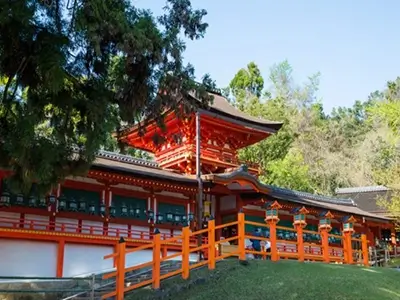
Nara
Most international tourists who come to Japan have heard about Nara, one of Japan’s oldest historic capital cities. There are many famous temples in the city and in the prefecture, with the best-known one being the Todai-ji temple. This temple has one of the largest wooden buildings in the world on its grounds. But there is more to see in Nara, so let this travel guide help you out.
Nara also boasts beautiful large parks, in some of which you can meet cute deer who may beg you for some crackers. They make for some great travel pictures! Lovers of Japanese gardens will also like Nara, as there are several beautiful gardens in the city.
-
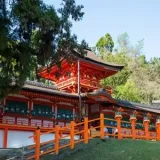
Kasuga Taisha, Nara-Discover the Spiritual Heart of Japan
Kasuga Taisha Shrine was founded in the 8th century by the Fujiwara family and used to be completely rebuilt every 20 years, according to Shinto tradition, until the end of the 14th century.
-

Nara National Museum- A Must-Visit Cultural Experience in Nara
Nara National Museum is located in Nara Park where you can also see famous temples such as Todaiji Temple and Kohukuji. The museum exhibits mainly Buddhist art.
-
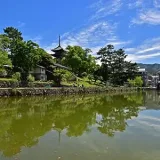
Kōfuku-ji Templeー Discover the Historic Heart of Nara
The Kofukuji Temple was moved to its current location in Nara from Kyoto in 710, the year when the capital was moved to Nara. The pagodas and the museum are worth a visit.
-
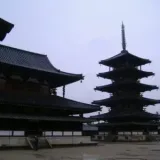
Horyuji Templeー Step Into The World’s Oldest Wooden Buildings (1400+ Years)
The Horyuji temple in Nara was founded in 607 by Prince Shotoku and has the oldest wooden buildings in the world.
-
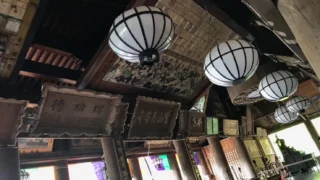
Hasedera Temple, Nara – A Must-Visit Historic and Scenic Spot in Japan
Various kinds of flowers blooming throughout the year on Hasedera’s grounds, the temple has been nicknamed ‘Flower temple’ since ancient times. I especially love to visit the Hasedera to view the hydrangea in the early summer season.
-
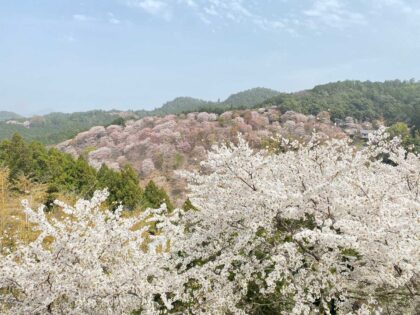
Mount Yoshino Cherry Blossoms – Japan’s Iconic Sakura in Nara
Mount Yoshino is not only a sacred site with pilgrim routes passing through, it is also one of the most beautiful spots in the whole country to see the cherry blossoms in bloom.
-
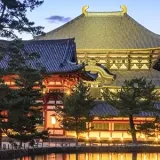
Todai-ji ー Encounter the Colossal Buddha in Ancient Nara
The Todaiji Temple is located in the famous Nara Park and is the world’s largest wooden structure. Discover more about its long history!